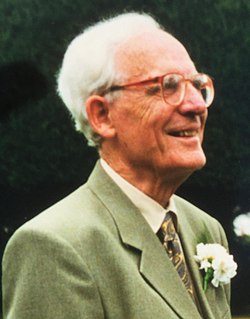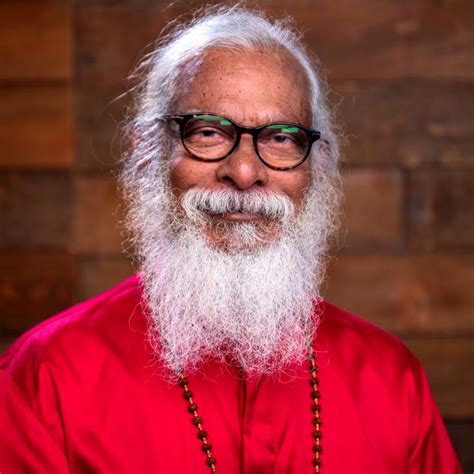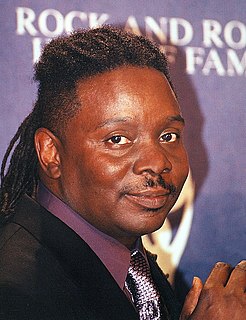A Quote by Greg Koukl
In the Christian Story, mind and matter - invisible things and visible things - are both real. The Christian view is not the only way of viewing the world, of course. It has competition.
Related Quotes
There is no longer a Christian mind ... the modern Christian has succumbed to secularization. He accepts religion - its morality, its worship, its spiritual culture; but he rejects the religious view of life, the view which sets all earthly issues within the context of the eternal, the view which relates all human problems social, political, cultural to the doctrinal foundations of the Christian Faith, the view which sees all things here below in terms of God's supremacy and earth's transitoriness, in terms of Heaven and Hell.
Every Christian leader should have this engraved in his subconscious. No matter what you do, never take yourself too seriously God always chooses the foolish things of this world to confound the wise. He shows his might only on the behalf of those who trust in Him. Humility is the place where all christian service begins.
Ask me if Christianity (my version of it, yours, the Pope's, whoever's) is orthodox, meaning true, and here's my honest answer: a little, but not yet. Assuming by Christianity you mean the Christian understanding of the world and God, Christian opinions on soul, text, and culture I'd have to say that we probably have a couple of things right, but a lot of things wrong, and even more spreads before us unseen and unimagined. But at least our eyes are open! To be a Christian in a generously orthodox way is not to claim to have the truth captured, stuffed, and mounted on the wall.
That the religious right completely took over the word Christian is a given. At one time, phrases such as Christian charity and Christian tolerance were used to denote kindness and compassion. To perform a "Christian" act meant an act of giving, of acceptance, of toleration. Now, Christian is invariably linked to right-wing conservative political thought -- Christian nation, Christian morality, Christian values, Christian family.
Liberal Christianity, of course, has enemies, but they are everyone's enemies - sexism, racism, homophobia. But liberal versions of Christianity, which can be both theologically and politically conservative, assume that what it means to be Christian qua Christian is to have no enemies peculiar to being Christian.
A certain sense of cruelty towards oneself and others is Christian; hatred of those who think differently; the will to persecute. Mortal hostility against the masters of the earth, against the 'noble', that is also Christian; hatred of mind, of pride, courage, freedom, libertinage of mind, is Christian; hatred of the senses, of joy in general, is Christian.



































